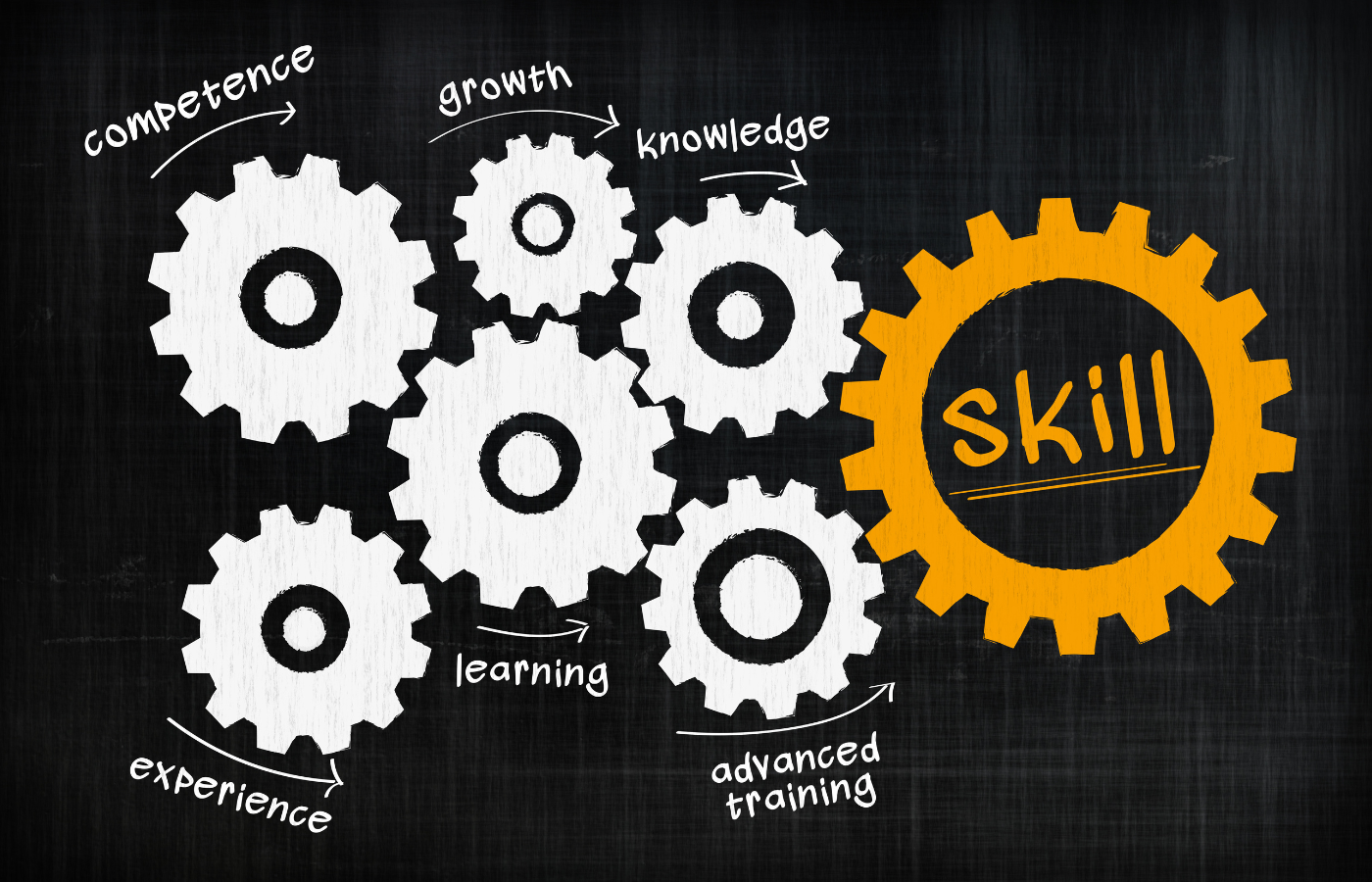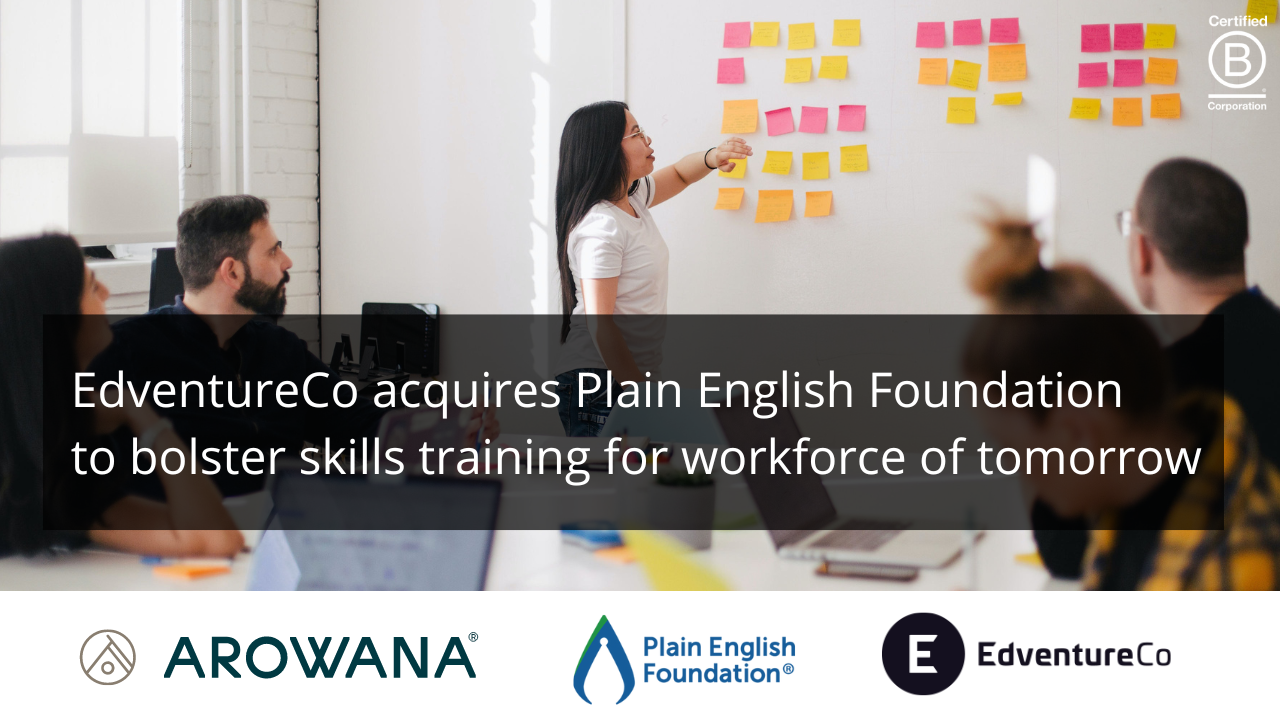Why Australian companies opt for skills-first hiring

More workplaces are focusing on a skills-first approach to talent recruitment, wherein a candidate’s suitability is assessed based on their skills rather than their past achievements, according to one report.
Canva, Culture Amp, and WiseTech Global are among the companies that have overhauled their recruitment strategies by either relaxing or completely removing degree requirements from their job adverts. The aim is to enhance their talent acquisition process and build a more diverse workforce, the AFR reported.
Australian companies adopting a more skills-first approach to recruitment tend to find on average ten times as many suitable candidates for a given role, according to LinkedIn research.
With a larger candidate pool to choose from, these organisations are able to hire the best talent available to join their teams. They can also recruit underrepresented but highly eligible workers who would otherwise be overlooked simply because they do not hold a degree.
This contrasts with findings from other studies, where a worker with a bachelor’s degree earns on average 51.3% more every week compared to a colleague who did not complete their 12th year of school.
Canva’s focus on workforce diversity
Canva is leading the charge for the skills-first approach to recruitment among tech companies. For the design software provider, eliminating degree requirements in job adverts helps create a more diverse workforce.
Indeed, this change in strategy has already enabled Canva to form teams that better represent its diverse customer base, according to the company’s attraction, belonging, and community lead, Charlotte Anderson.
“For us, it’s less about where you went to school, or what you studied, and more about the skills that you can bring to the table, the experiences that you’ve had, and the values that you hold,” Anderson stated.
Since adopting a skills-first approach, Canva has reportedly found more suitable candidates for its talent pool. Managers are permitted to recruit workers for different roles within the company based on their skills and not their work history.
Canva has long prided itself on its commitment to fostering lifelong learning among its people. The company encourages all its employees to view their careers as “rock climbing walls”.
“You can move across it, and you can move up and down and around, and have all of these different experiences,” Anderson explained.
“It’s not, ‘what is the next rung [on the ladder] that I’m aiming for?’ Moving sideways is equally respected.”
For Canva, workers tend to remain more engaged and inspired to excel at work when they have this kind of outlook on their careers.
Prioritising workers’ skills over degrees
Like Canva, Culture Amp and WiseTech Global have also made significant changes to their recruitment strategies.
Culture Amp, an employee experience software provider, has removed degree requirements from almost all its job adverts. The only exceptions are for legal positions and other highly regulated roles where educational qualifications are necessary.
For the company, job candidates must demonstrate that they possess the right skills for the role in the company. They should not rely on their degrees as proxies for skills they do not have.
“When you look at study after study, it shows that [having a degree] is actually one of the weakest predictors of skill. So, instead of using degrees as a proxy, just test for the skill,” said Justin Angsuwat, Culture Amp’s Chief People Officer.
Meanwhile, WiseTech Global attributes its improved problem-solving capabilities to its diverse workforce.
Angelina McMenamin, head of talent at WiseTech Global, mentioned diversity is crucial for the company since a large portion of its workforce is in technical roles. These workers are responsible for producing world-class code that helps solve problems for the international logistics industry.
McMenamin believes that when workers from different skill sets and backgrounds collaborate, they are more capable of finding innovative solutions and achieving breakthroughs.
The talent chief cited WiseTech Global’s CEO as an example of someone who founded a company even though he did not have a degree.
“He understands that there are many career pathways – his own includes rock musician and guitar repairer to self-taught software engineer, then CEO and founder, STEM education advocate and philanthropist,” she remarked.
McMenamin emphasised that the skills-first approach to talent building is central to WiseTech Global’s culture.
The article 'Why Australian companies opt for skills-first hiring' was first published in People Matters.com.

